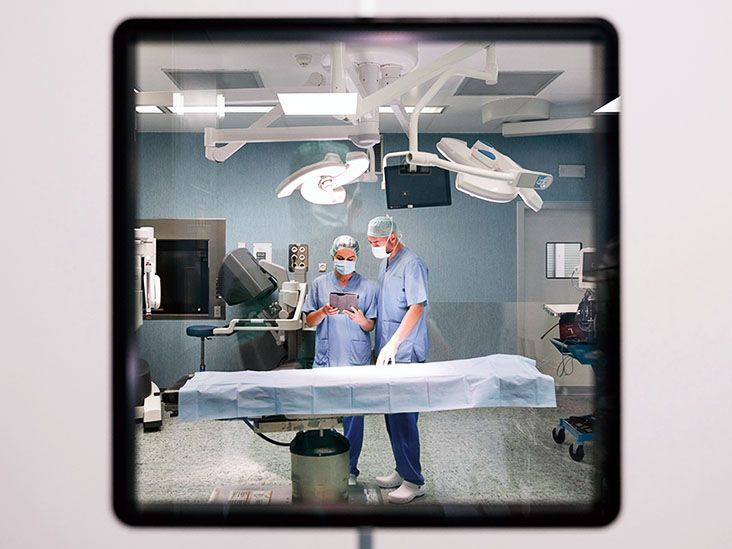The answer may lie in how quickly our brains evolved.
  |
 The price of a powerful brain | The same rapid brain evolution that gave humans language, abstract reasoning, and culture may have also made us vulnerable to autism, according to new research. Perhaps surprisingly, humans do not have any unique brain cell types. We use the exact same collection of neurons as mice. What makes us different is how they're connected and which genes are turned on or off within them.
Scientists have found that the Layer 2/3 neurons, which are critical for uniquely human abilities, evolved "unexpectedly quickly" compared to those of other apes. These cells connect different brain regions, enabling complex cognition. However, in humans, they exhibit reduced activity in autism-associated genes compared to other primates.
"The very features which make human cognition extraordinary — such as enhanced connectivity and cortical expansion — may also introduce vulnerabilities," explained Luke Barr, MD, a neurologist at SensIQ. Rather than viewing autism as a disorder, researchers increasingly see it as a "neurodevelopmental variation linked to the neural systems that enable uniquely human cognitive abilities."
But not everyone agrees. John Jay Gargus, MD, PhD, from UC Irvine, argued the real culprit is energy. Our brains use approximately 20% of our body's energy, despite occupying only 2% of our body weight. He believes autism reflects mismatches between our energy-hungry modern brains and the metabolic systems supporting them, noting that mild mitochondrial dysfunction is common in autism.
To learn more about why humans have no unique brain cell types and what this means for understanding neurodiversity, jump to "Autism may be the price of human intelligence."
Also making headlines this week:
💔 99% of cardiovascular events are linked to preventable factors
☕ Coffee protects liver health in five different ways
🧬 Gene therapy slows Huntington's disease by 75%
We love to hear from you, so please email us if you have any feedback, comments, or questions about this weekend's Sunday Supplement.
Stay informed and stay healthy!
Tim Snaith
Newsletter Editor, Medical News Today
| | |
| MNT RESOURCE |  | | Can dogs help with asthma and eczema in childhood? | |  | | Some research indicates that exposure to dogs in early life could help to protect against asthma and eczema in childhood. Learn more here. | | Some research indicates that exposure to dogs in early life could help to protect against asthma and eczema in childhood. Learn more here. | |  | READ ON  | | | | | | | |
| | | 99% of heart attack, stroke, heart failure cases linked to preventable risk factors |  | | | | More than 99% of people who experienced a heart attack, heart failure, or stroke had at least one of four major cardiovascular risk factors above healthy levels, a new study reports. | Read on  | | | | | | How might fat distribution in the body influence cancer risk? |  | | | | Where fat accumulates in the body may influence cancer risk, at least for obesity-related cancers, a new study suggests. | Read on  | | | | | | What to eat and drink before and after a flu shot: Expert Q&A |  | | | | Three medical experts explain what best to eat and drink before and after a flu shot, to mitigate the risk of feeling faint, and of common side effects. | Read on  | | | | | | Coffee drinkers have a lower risk of liver diseases, evidence shows |  | | | | Thanks to its special compounds, coffee can support liver health in at least five different and significant ways, a new review assessing decades of evidence suggests. | Read on  | | | | | | Gene therapy slows Huntington's disease for first time, clinical trial shows |  | | | | A one-time gene therapy called AMT-130 helped slow the progression of Huntington's disease by 75%, paving the way for the first-ever possible treatment. | Read on  | | | | | | | | | |
You are receiving this newsletter because you subscribed on our web site, Medical News
Today.
Did a friend send you this email? Subscribe here.
View in Browser | Privacy Policy | Unsubscribe
Our website services, content, and products are for informational purposes only. Medical News Today does not provide medical advice, diagnosis, or treatment and should not be used as a substitute for medical advice from a healthcare professional. Medical News Today encourages you to make any treatment decisions with your healthcare professional. Medical News Today is owned by RVO Health.
© 2025 RVO Health
1101 Red Ventures Drive
Fort Mill, SC 29707 | | |  | |


Comments
Post a Comment